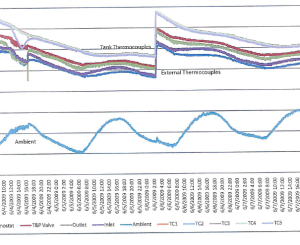In the aftermath of a catastrophic explosion or fire, it is not surprising when victims or their family members do not think about the need to preserve evidence. But in those cases where there is litigation to determine who or what may bear fault for causing the incident the efforts, or lack of efforts, to preserve and protect the evidence taken in the immediate aftermath of the fire or explosion will prove to be critical to the parties. 
Preserving the evidence is in everyone’s interest because the ultimate goal of any litigation is to determine the truth of what happened. If it can be shown that the evidence was in the control of one party or another and the party in control failed to take appropriate steps to preserve the evidence so that other interested parties could examine it, the party in control may be accused of “spoliation” of evidence. In that case, the court may ultimately instruct the jury that had the evidence been preserved and made available it would have been adverse to the party who could have preserved it — the so-called “adverse inference instruction”.
An enormous amount of information can be gleaned from what may appear to be unlikely sources. Care must be taken to preserve even some materials that may seem to be inconsequential. For example, lithium ion batteries such as those used in phones, tablets and laptops have a very high energy density. Although the electronic circuitry in chargers are supposed to prevent overcharging, those circuits can fail allowing the batteries to overheat and catch fire. Yet, some fire investigators, focused on more obvious causes, can miss this evidence, which gets scooped up with all the other fire debris after the initial scene investigations have been concluded.
It is important for the victims of fires and explosions to have their own experts and investigators review the scene and not rely solely on those sent to the scene by their insurance company. It is also important to act quickly, before the critical evidence is gone.
If you have questions regarding the need to preserve or protect evidence after a fire or explosion, contact an experienced attorney for help.
